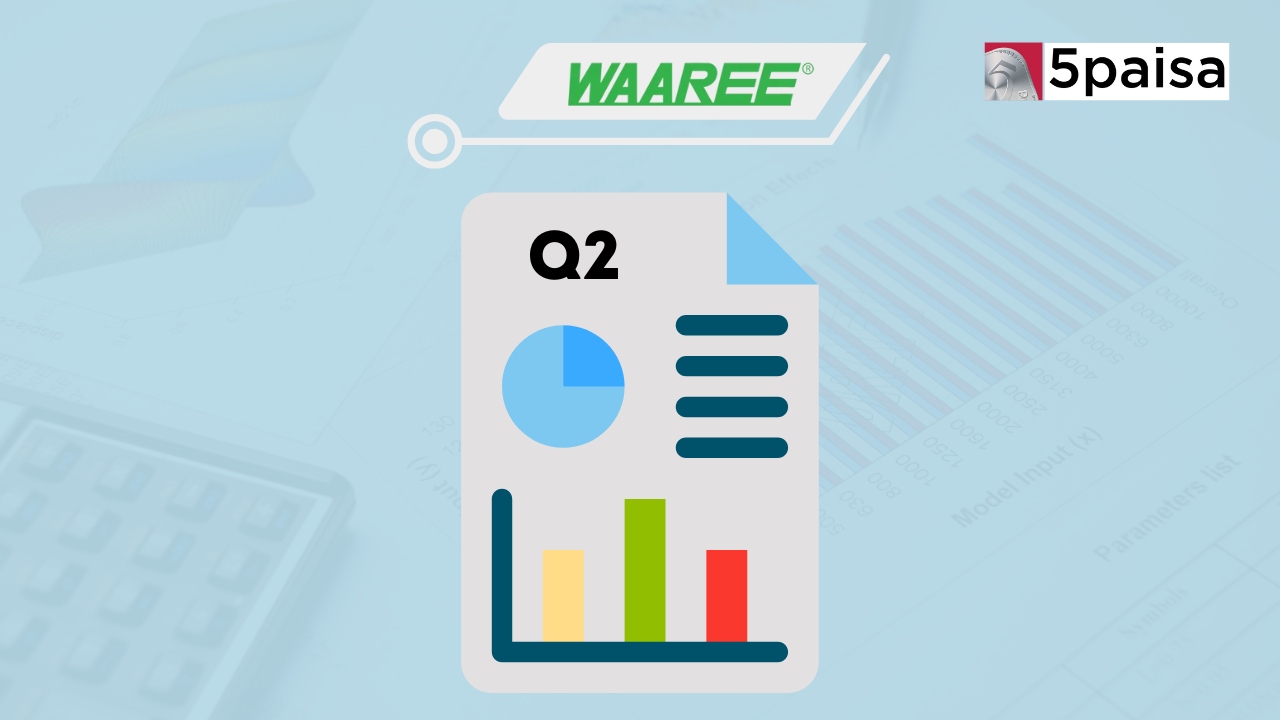Swiggy Reports ₹625.5 Cr Net Loss in Q2 Despite Revenue Growth
Ownership structure, finances of clearing corporations to be reviewed by SEBI's expert committee

Last Updated: 4th June 2024 - 07:06 pm
The ownership structure and financial independence of clearing corporations are currently under review by an ad-hoc expert committee, chaired by former Deputy Governor of the Reserve Bank of India (RBI), Usha Thorat.
A circular issued by the Securities and Exchange Board of India (SEBI) on June 3 stated, "Given the substantial growth of Indian securities markets in recent years, the importance of clearing corporations as central risk management institutions cannot be overstated." Therefore, the circular added, the review committee has been set up under Thorat.
The objective is to guarantee that clearing corporations (CCs) operate as robust, independent, and impartial risk managers. Currently, the ownership structures of CCs are largely dominated by their parent exchanges, which can leave them susceptible to the expectations of the exchange's shareholders and reliant on the exchange for capital infusion and reserve augmentation, as noted by the market regulator.
In addition to ensuring the independence of CCs in their operations, the review also addresses the heightened risk stemming from the exponential growth in the derivatives segment.
"Derivatives being leveraged products, invariably increase the tail risk in markets. Therefore, the need for resilience of a clearing corporation, especially in times of market stress cannot be overstated," said the circular.
"The growth of market in recent years also means that the largest of market players and intermediaries have an implicit stake in resilience of a clearing corporation, i.e. ensuring that a clearing corporation is capitalized and capable of handling the inherent risk, which may be exacerbated during times of market stress," added the circular.
Regarding the ownership structure of CCs, the committee will consider the feasibility and desirability of expanding the range of entities eligible to be shareholders in CCs. Additionally, they will assess the necessity of modifying the caps on shareholding for various entities, among other considerations.
Currently, the norms stipulate that at least 51% of the paid-up equity share capital of a recognized clearing corporation must be held by one or more stock exchanges. No individual or entity, whether resident in India or abroad, other than stock exchanges, can hold more than 5% of the paid-up equity share capital in a CC. Certain categories, including depositories, banking companies, insurance companies, and their foreign counterparts (such as foreign stock exchanges), are allowed to hold up to 15% of the paid-up equity share capital.
Regarding the finances of CCs, the committee will examine the necessity of reviewing the charges and fees levied by CCs, the adequacy of the revenue generated by the CCs, and the preparedness of CCs to cover capital expenditures and investments, among other considerations.
This decision comes in response to the significant growth of Indian securities markets in recent years and the crucial role of clearing corporations as central risk management institutions. SEBI stated that the committee has been tasked with reviewing both the ownership structure and finances of clearing corporations.
Given the common service provided by a clearing corporation across exchanges in an inter-operable environment, the committee may recommend a shareholding pattern for clearing corporations that is suitable for such a setting, SEBI said.
"The suggested alternatives should keep in view the periodic capital needs of a clearing corporation towards augmenting its settlement guarantee fund. The suggested alternatives should also keep in sight the need for a clearing corporation to ensure sufficient capital/liquidity in times of market-wide systemic stress," the regulator said.
"The dominance of the parent exchange in the ownership structure invariably exposes a clearing corporation to the expectations of shareholders of the parent exchange, with the financial statements of clearing corporations being incorporated in the consolidated financial statement of the parent exchange," the regulator added.
Additionally, the committee is required to deliberate and propose alternatives to achieve an optimal financial structure for clearing corporations. This structure should ensure their financial independence and sustainability as robust going concerns, while also considering the following aspects
- Flat ₹20 Brokerage
- Next-gen Trading
- Advance Charting
- Actionable Ideas
Trending on 5paisa
02
 5paisa Research Team
5paisa Research Team
06
 5paisa Research Team
5paisa Research Team
Corporate Actions Related Articles
Disclaimer: Investment in securities market are subject to market risks, read all the related documents carefully before investing. For detailed disclaimer please Click here.




